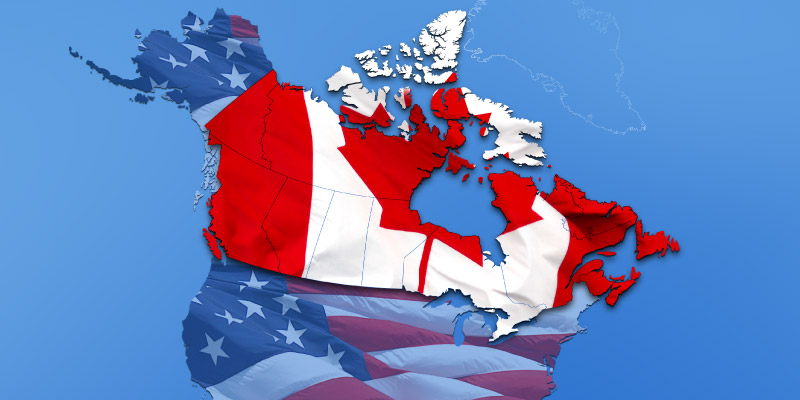In the U.S., we've seen more regulation, more constrained labour markets, higher taxation and less economic freedom.
us economy
With Canada’s current unemployment rate of 7.1 per cent, there’s more slack in the Canadian labour market than in the U.S.
The policy direction of the Liberal Party of Canada and its leader Justin Trudeau, as evidenced by the speeches, motions, and debate at the recent national party convention seem to indicate that the party is rejecting the successful pragmatism of the 1990s. Instead, the federal Liberals favour a more interventionist and activist government, much like that of the current Ontario Liberal government. If such policies are enacted, the results would be ruinous for Canada.
With President Barack Obama set to deliver his State of the Union speech next week, Canadians should rightfully be worried about the implications of the Presidents policy agenda on the Canadian economy. After all, our economic fortunes are inextricably linked to those of the United States and unfortunately, the economic uncertainty being created by President Obamas policies and the increasing polarization of the U.S. political system is impeding genuine recovery in the U.S. and constraining our own prosperity.
The uncertainty that continues to impede the U.S. recovery coupled with political gridlock in Washington poses significant economic threats to not only the United States but also countries like Canada that trade with the U.S. However, imbedded within the many layers of risks lies a significant, long-term opportunity for Canada.
Given the slow rate of economic growth and high levels of uncertainty in the United States, British Columbians should be concerned about the economic implications of President Barack Obamas recent re-election.
Despite the fact that B.C. exports have diversified with exports to the Pacific Rim now equal those to the U.S., the U.S. remains a critically important market for B.C. A stronger American economy will no doubt lead to a robust recovery of B.C. exports to the U.S., which have declined more than 35% since 2005.

